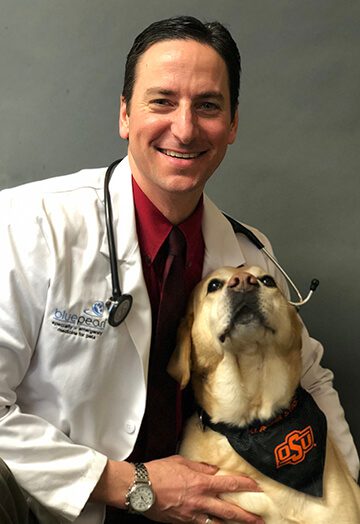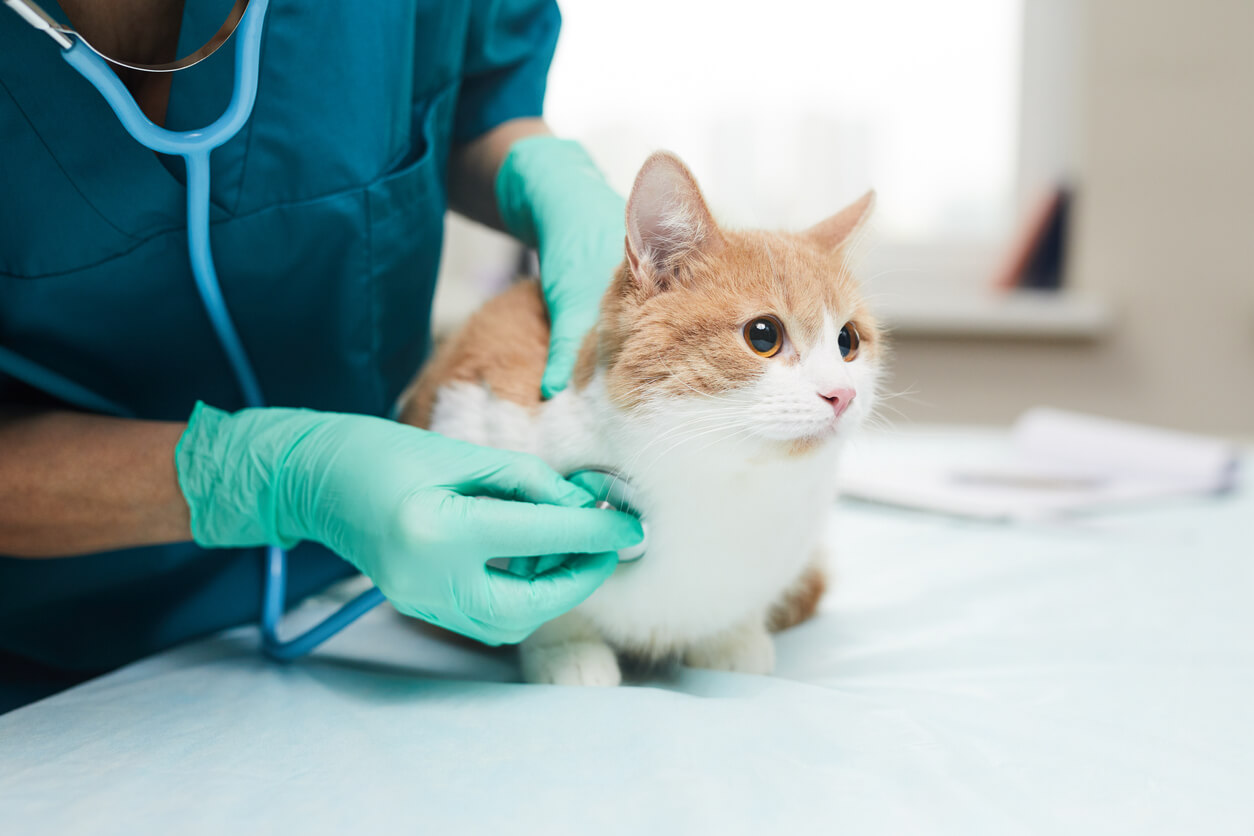What to Anticipate During a Comprehensive Pet Health Checkup at Your Neighborhood Vet
What to Anticipate During a Comprehensive Pet Health Checkup at Your Neighborhood Vet
Blog Article
Vaccination Guidelines From Your Trusted Veterinarian
Inoculation guidelines supplied by your trusted veterinarian play an essential duty in guarding your animal's wellness and well-being. In addition, attending to typical false impressions surrounding vaccines can additionally boost pet dog proprietors' confidence in these precautionary measures.

Value of Vaccinations
Vaccinations play a pivotal function in guarding family pets versus a variety of avoidable illness. By boosting the body immune system to identify and battle certain pathogens, injections significantly lower the occurrence of transmittable diseases that can impact an animal's health and long life. Not only do vaccinations protect private pets, but they likewise contribute to herd resistance, thereby lowering the general frequency of conditions in the pet populace.
Timely inoculations help to mitigate the spread of diseases such as rabies, parvovirus, and distemper, which can have serious effects for both animals and people. Inoculations are frequently a requirement for boarding centers, brushing services, and canine parks, making them necessary for those that desire to socialize their pets.

Core Vaccinations for Family Pets
While the specific vaccination demands of animals can vary based upon specific aspects, core injections are universally suggested to safeguard against one of the most major and usual illness (Emergency Vet). Core injections are those considered necessary for all animals, no matter of their way of life or geographic location, as they guard against very transmittable and possibly deadly health problems
For canines, the core vaccinations consist of those for canine distemper, parvovirus, adenovirus (hepatitis), and rabies. Canine distemper is a viral condition that impacts the respiratory, stomach, and nerves. Parvovirus is known for causing severe intestinal ailment, especially in young puppies. Adenovirus can lead to liver illness, while rabies is a zoonotic disease that presents a threat to both pets and people.
In pet cats, core injections include feline panleukopenia, feline calicivirus, feline herpesvirus (rhinotracheitis), and rabies. Feline panleukopenia is a very contagious viral condition that affects the immune system and intestines. Calicivirus and herpesvirus are major contributors to top breathing infections in felines, while rabies stays a crucial concern for public health and wellness.
Seek advice from your vet to ensure your animals get their core vaccinations on routine.
Non-Core Vaccines Explained
Non-core injections are tailored to resolve details threats related to a pet's environment, lifestyle, and direct exposure to specific illness. Unlike core vaccines, which are generally suggested for all family pets, non-core injections are thought about based upon private scenarios. link These injections are particularly essential for family pets that may encounter distinct microorganisms as a result of their geographical location, traveling habits, or tasks.
Examples of non-core vaccines consist of those for Bordetella bronchiseptica, which is connected to kennel coughing, and Lyme disease, caused by ticks. Pet dogs that regularly communicate with various other pets, such as those in boarding centers, pet parks, or grooming environments, might take advantage of Bordetella inoculation. Likewise, if you live in a location where Lyme illness is prevalent, vaccinating versus this disease can be a prudent choice for outdoor-loving pets.
Various other non-core injections might include those for leptospirosis, canine influenza, and feline leukemia, relying on the certain threat variables existing. It is important to have a detailed conversation with your veterinarian concerning your family pet's lifestyle and the potential demand for these vaccinations, making certain a tailored inoculation technique that ideal shields your fuzzy buddy.
Vaccination Set Up Summary

As pets mature, it is very important to follow the advised booster vaccinations. Pet Health Checkup. For adult pets, core vaccinations are typically provided each to three years, depending upon the particular injection and Veterinarian Enterprise regional laws. Non-core vaccinations may be recommended based on way of life aspects and regional disease occurrence, requiring a tailored method
Regular veterinary examinations are critical for updating vaccination routines. Your vet can offer advice on the most proper immunizations for your family pet, factoring in age, wellness condition, and environmental threats. By remaining positive and notified, animal owners can ensure their furry companions get effective and timely inoculations, thus safeguarding their health and health throughout their lives.
Typical Myths Concerning Vaccines
Misconceptions regarding animal inoculations can cause confusion and unwillingness amongst pet proprietors concerning the immunization process. One widespread myth is that vaccinations are unnecessary for indoor family pets. While it holds true that interior pet dogs deal with reduced dangers, they are not entirely unsusceptible to conditions, as virus can be introduced through various means, including human apparel and various other pet dogs.
One more misunderstanding article source is that vaccines can create the conditions they aim to avoid. In fact, many injections consist of suspended or attenuated virus, which can not create disease in healthy and balanced pets. Some animal proprietors additionally believe that their family pets ought to not be vaccinated if they are currently healthy; nonetheless, vaccinations are an aggressive procedure that helps protect against the beginning of ailment.
Additionally, lots of pet owners are afraid that injections will lead to long-lasting health problems. The benefits of inoculation-- securing pet dogs from potentially dangerous diseases-- far exceed the dangers.
Verdict
In recap, adherence to inoculation standards is vital for ensuring the wellness and durability of pets. Eliminating usual misconceptions surrounding vaccinations better strengthens the importance of informed decision-making in pet dog care.
Not just do vaccinations shield private animals, however they additionally contribute to herd resistance, thereby decreasing the overall occurrence of diseases in the animal populace.
False impressions concerning family pet inoculations can lead to confusion and unwillingness amongst pet dog owners pertaining to the immunization process. While it's real that indoor pets deal with reduced threats, they are not completely immune to conditions, as microorganisms can be presented via various means, consisting of human garments and various other pet dogs.
Some pet owners also believe that their family pets ought to not be vaccinated if they are currently healthy; nevertheless, inoculations are an aggressive action that assists prevent the onset of health problem.
The advantages of inoculation-- shielding animals from potentially life-threatening diseases-- far outweigh the dangers.
Report this page